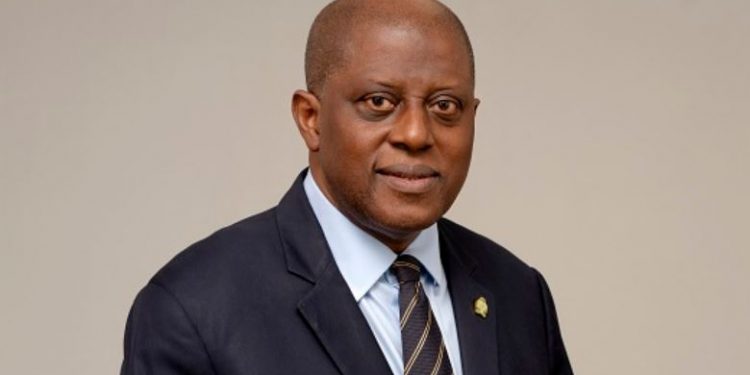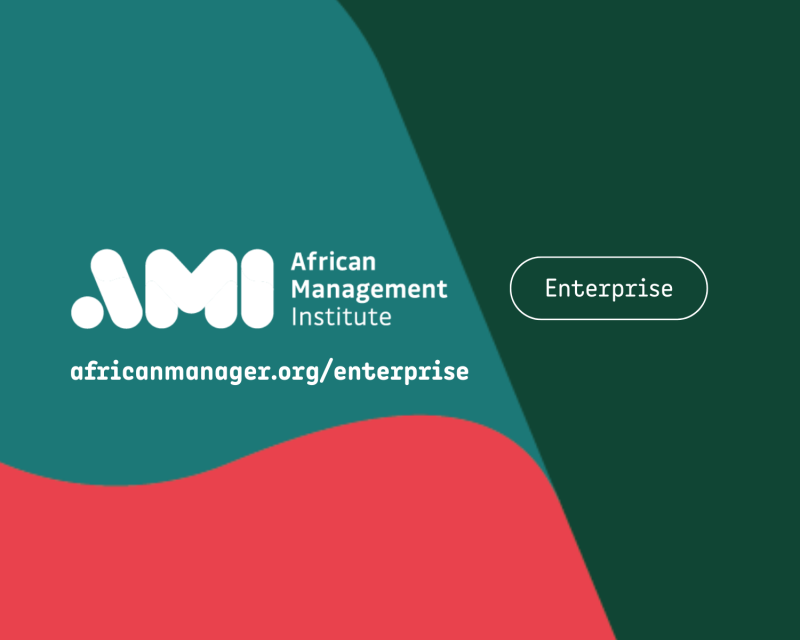The African Union (AU) is closer to establishing the African Monetary Institute (AMI), a pivotal institution aimed at boosting Africa’s financial and economic integration. This development follows the approval of the AMI’s final draft statute and the related framework for the African Financing Stability Mechanism (AFSM) by African finance ministers and central bank governors. The AFSM is designed to provide financial support to African countries during crises and enhance financial resilience across the continent.
The AMI will play a crucial role in coordinating monetary policies, promoting cooperation between member states, encouraging capital movement, and providing financial assistance. It will also oversee macroeconomic surveillance and act as a clearing house for Africa’s financial systems.
The draft statutes were adopted during the 5th African Union Extraordinary Session of the Specialised Technical Committee on Finance, Monetary Affairs, Economic Planning, and Integration held in Abuja. This meeting brought together African leaders to discuss the future of the continent’s financial and economic integration.
In his opening remarks, Olayemi Cardoso, Governor of the Central Bank of Nigeria, commended the experts for their efforts in finalizing the AMI’s draft statutes. He highlighted the professionalism and collaboration of the team, noting that their work has brought Africa closer to realizing a shared vision of financial stability. “The establishment of the AMI will mark a significant milestone in Africa’s journey toward a common currency,” Cardoso said. He also emphasized that the AFSM represents a proactive approach to safeguarding financial stability in the face of global uncertainties.
Cardoso stressed that the meeting’s theme, “Building a Stronger and Resilient African Financial Architecture,” underscores the continent’s commitment to realizing the goals set out in the Abuja Treaty and the African Union’s Agenda 2063. He also highlighted Nigeria’s efforts, such as unifying the exchange rate and enhancing transparency, to foster stability and resilience in Africa’s financial systems.
Wale Edun, Nigeria’s Minister of Finance and Coordinating Minister of the Economy, expressed confidence that the outcomes of the meeting would pave the way for approval by the Assembly in February 2025. He noted that the initiative would help Africa reduce its dependency on foreign aid and contribute to the continent’s financial and economic independence.
However, George Elombi, Vice President of Afreximbank, warned of a “third force” working against the establishment of the AMI, urging stakeholders to intensify efforts to achieve a resilient African economy through the framework’s implementation.
Professor Kavin Urama, Chief Economist at the African Development Bank, pointed out the continent’s challenges, such as paying high capital interest and facing declining foreign direct investment. He stressed that integrating Africa’s economic policies could improve the situation, especially with remittances showing a 22% increase.
Dr. Hanan Morsy, Deputy Executive Secretary and Chief Economist of the United Nations Economic Commission for Africa (ECA), urged African leaders to remain focused on empowering national economies. She emphasized that the success of the agenda depends on the leadership’s commitment to implementing policies that drive growth. “Together, we can build an Africa that is prosperous and united,” Morsy said.










